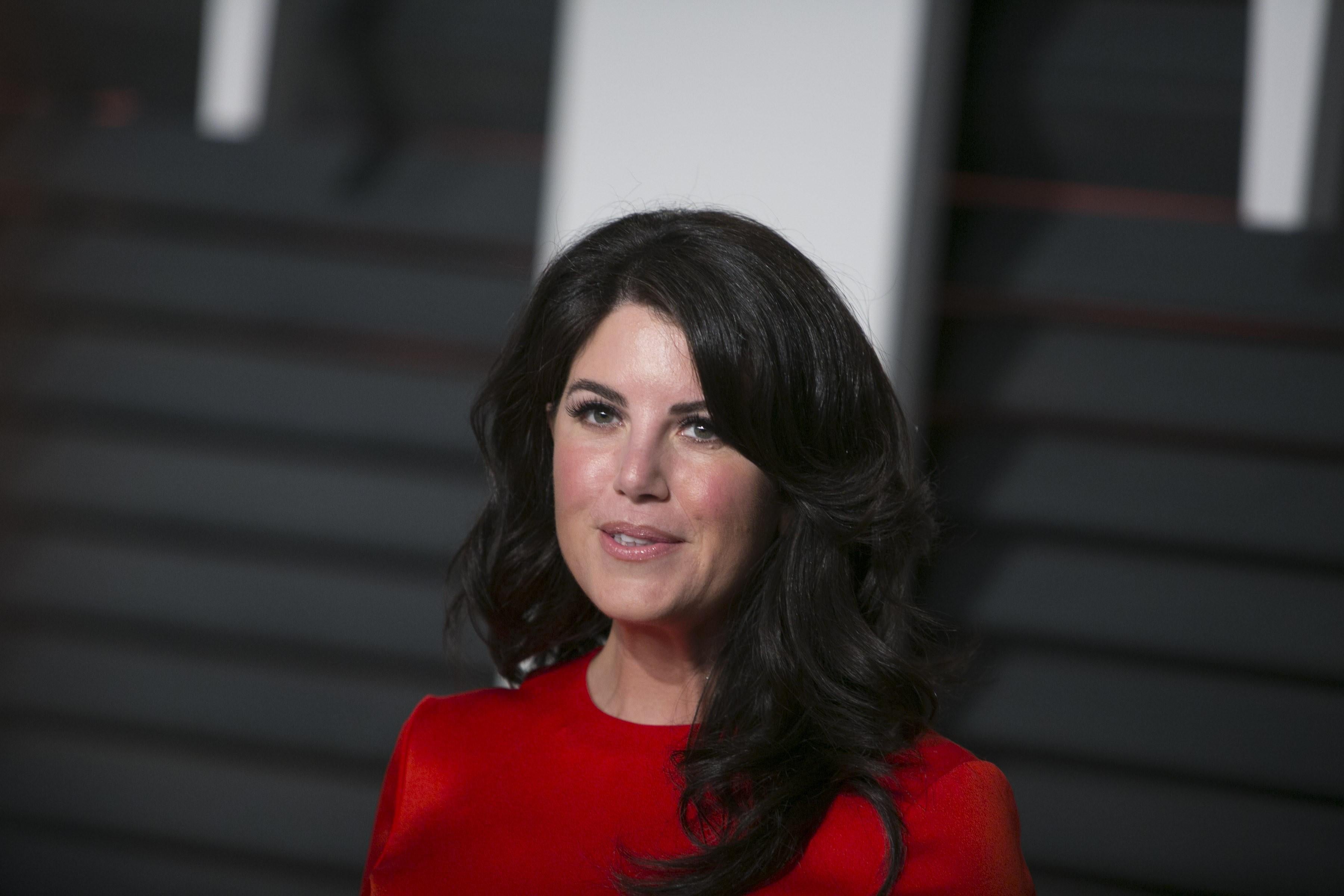Last summer, Monica Lewinsky made a big splash by writing an article for Vanity Fair that denounced the “culture of humiliation” she so famously endured—and which she fears is only getting worse because “the Internet has seismically shifted the tone of our interactions.” The piece went a long way toward humanizing a woman who had been reduced to a punch line for so long. And Lewinsky is not done putting herself out there. She is successfully remaking herself as a rallying point in the fight against the kind of sexualized bullying that Internet feminists nicknamed “slut-shaming,” her visibility heightened by a TED talk and appearances at events such as the play Slut, staged recently in New York City.
This week, Jessica Bennett wrote a lengthy New York Times profile of Lewinsky that builds on the Vanity Fair piece by showing the impact—largely positive—of Lewinsky’s “comeback” tour. But even now, when most are ready to hear her side of the story, Lewinsky is clearly still fretful over putting herself out there. “She is worried about being taken advantage of, worried her words will be misconstrued, worried reporters will rehash the past,” Bennett writes. It would be easier for Lewinsky to continue hanging back. She is persevering because she believes that she can have a positive impact in the fight against what she calls the “the sexual scapegoating of women and girls.”
“One of the things I’ve learned about trauma is that when you find yourself retriggered, it’s helpful to recognize when things are different,” Lewinsky tells Bennett. And things clearly are different. Lewinsky is finding audiences that are eager to applaud her. Young women are treating her like a hero. It’s hard to imagine that a woman who used to be dubbed the “blow job queen” being treated with such interest and respect even just a few years ago.
Bennett writes:
“If it happened today, I think the consensus that she deserved to be thrown under the bus would be considerably weaker,” said Clay Shirky, a journalism professor at N.Y.U. who studies Internet culture. “And the key thing that’s changed is not information — there were credible press reports about Cosby for years, just as Clinton’s denial was ridiculous on its face — but the ability to coordinate reaction.”
For those who were around when the story broke 17 years ago, it felt as if liberals and feminists had to choose between supporting a young woman who was clearly in over her head or rejecting right-wing hysteria over adultery and oral sex. It felt like there was no way to castigate Bill Clinton for icky, borderline predatory behavior without validating the notion that adultery is an impeachable offense or that oral sex is a sick perversion.
Now, in an age of Slutwalks and Internet feminism, we’ve carved out space to talk about how Lewinsky was the victim in this scandal while also maintaining that young women have sexual agency. While Lewinsky is right that social media increases opportunities for sexual shaming and bullying, it’s also created an era where everyone is letting it all hang out—sexual inclinations included—on social media. It’s harder to imagine the nation hitting the fainting couch because of the Lewinsky affair today.
